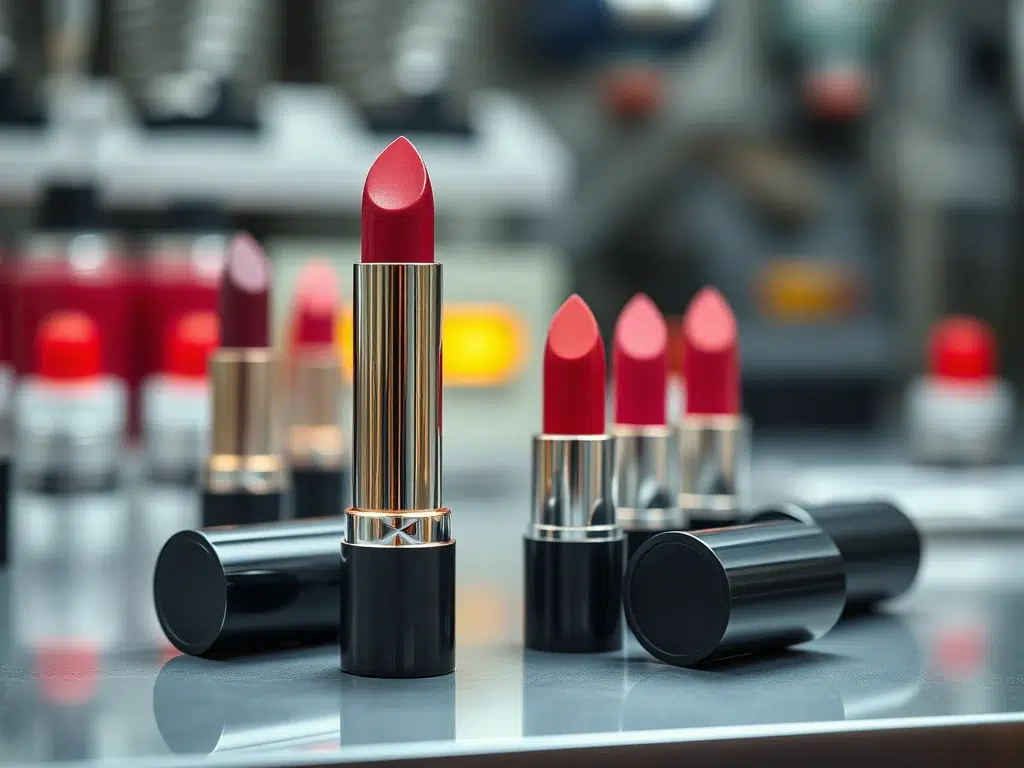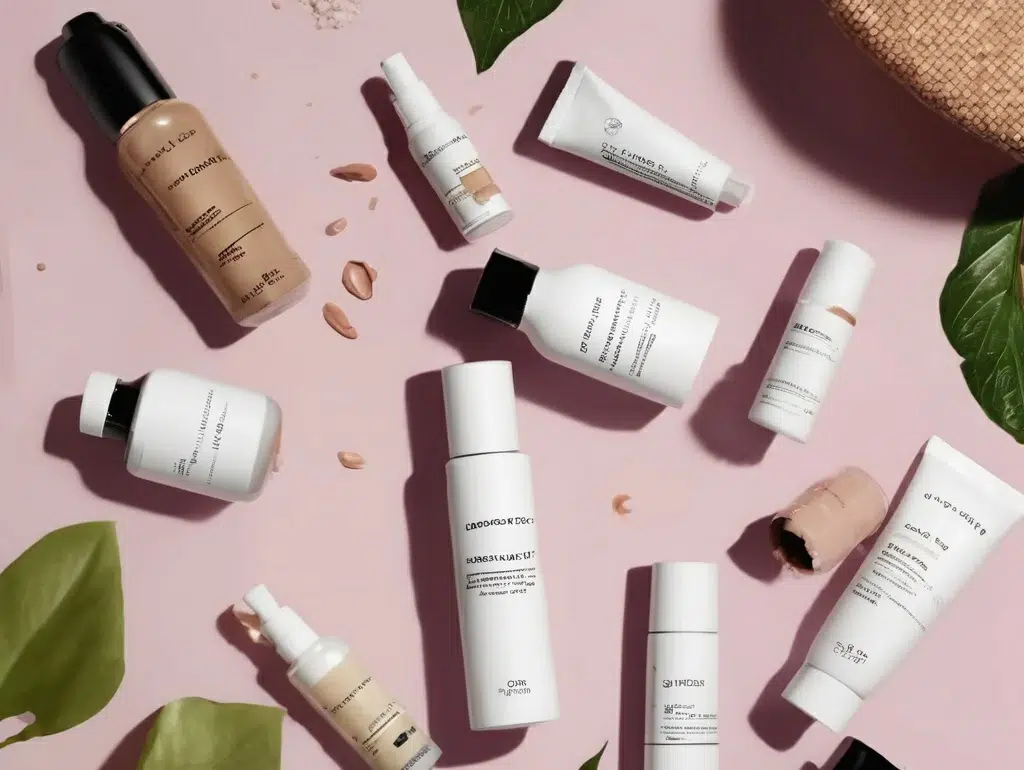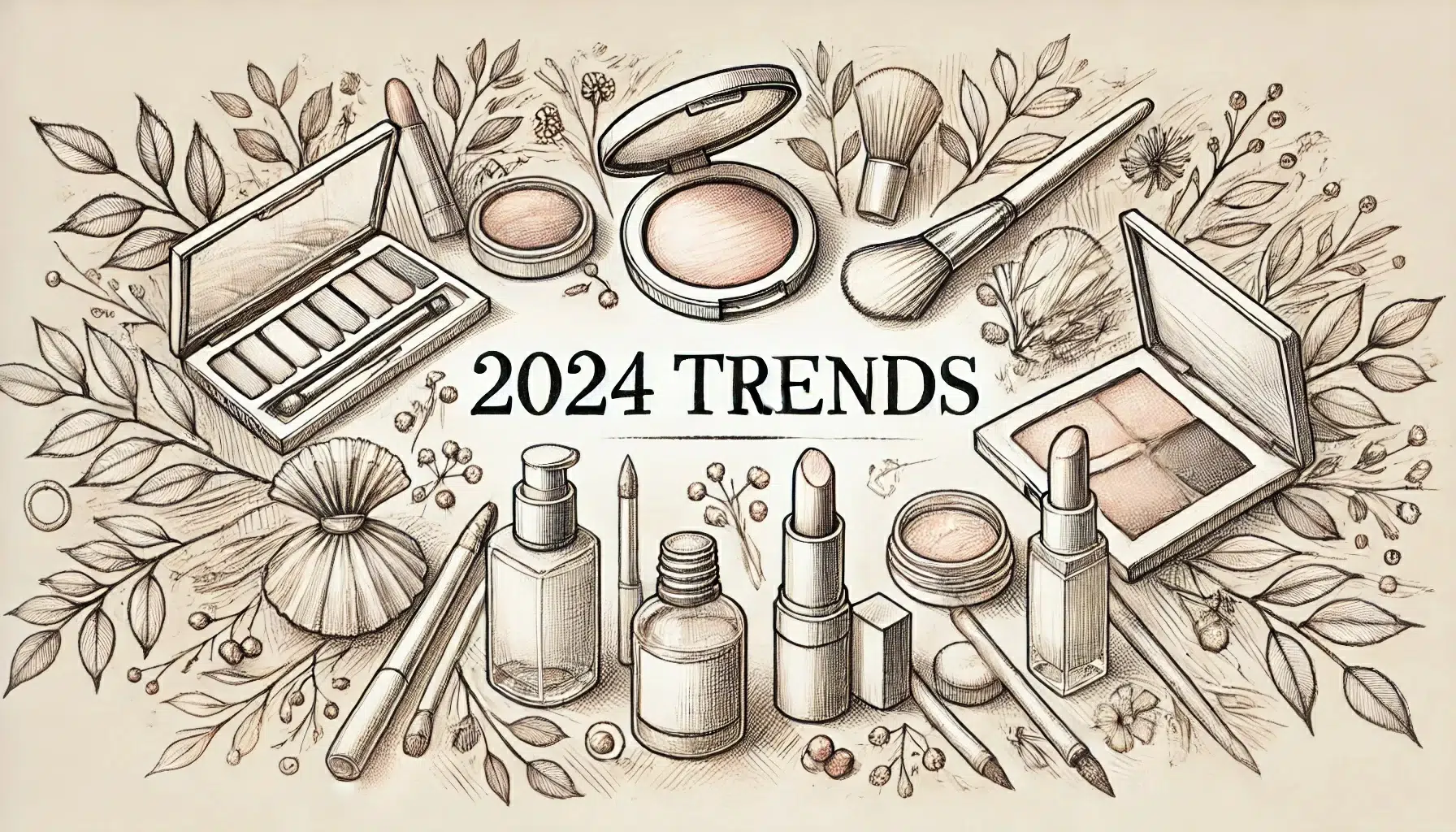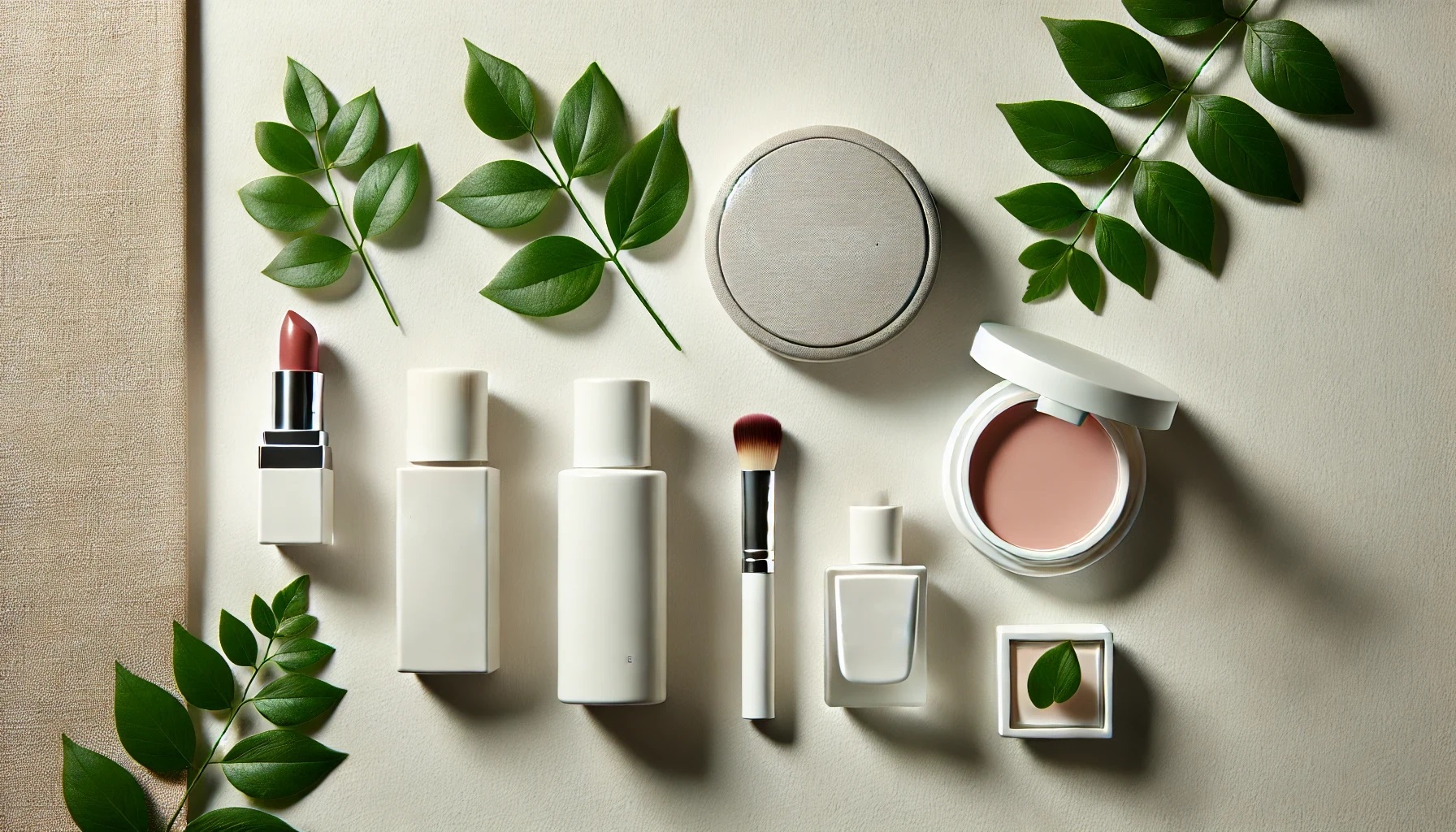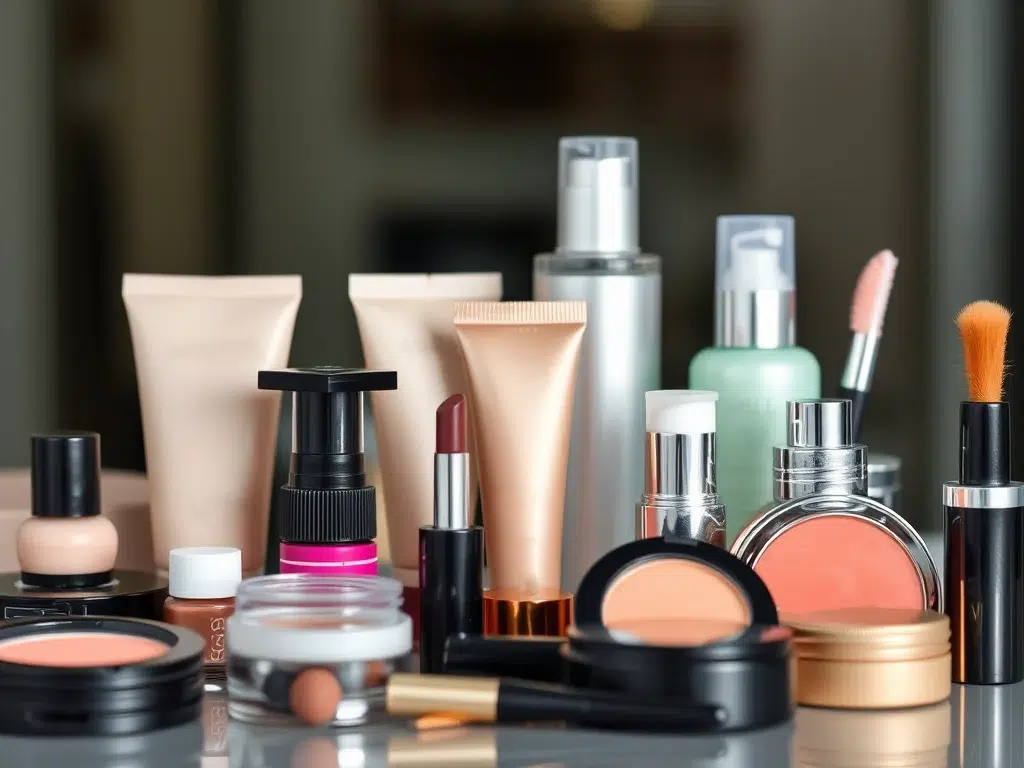
Exploring Small-Scale Private Label Cosmetics
Share This Article With
Private-label cosmetics allow small businesses and companies to enter the cosmetics industry by eliminating the need for large-scale manufacturing and product development.
Table of Contents
The brand partners with cosmetics manufacturers for production only. A private-label cosmetics manufacturer does not do branding or offer other services.
Instead, it is up to the brand to develop packaging options that resonate with the target customers, market and advertise products, and ensure the buyers receive their products.
The primary advantage of a private-label beauty line is the limited costs of production which allow fast integration into the market. Private labeling means the company purchases the products or pays for production.
It is significantly cheaper since the average startup costs of a facility are very high. Fees associated with obtaining necessary equipment for cosmetics production range between $500,000 to 2.5 million, depending on the scale and size of production.
In addition, energy, equipment maintenance, rent, and spare parts costs can increase the overall cost, making it difficult for small businesses to enter the market.
Private-label makeup companies are more financially practical, so many entrepreneurs are starting their own beauty line on a small scale.
The information below further explores small-scale private-label cosmetics. But first, a clarification on two often-confused terms.
White Label Cosmetics Vs Private Label Cosmetics
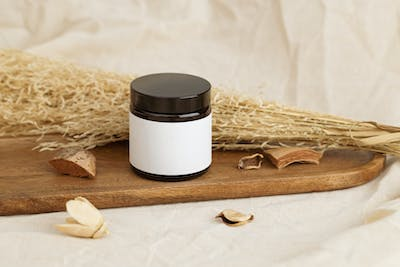
Private labels and white labels are often used interchangeably despite having key differences. At the formative stages of cosmetic product development, entrepreneurs come across two routes and picking the right one depends on available resources and knowledge of cosmetics.
White labelling is when a company reaches out to a cosmetics manufacturer to make its own cosmetics under the client’s brand name.
In white labelling, the brand has no control over the formulas used to create the product. Instead, they only package and brand the product.
White-label cosmetic entrepreneurs do not need an extensive understanding of product composition and formulas. White-label products rarely have a unique selling point, such as vegan cruelty-free.
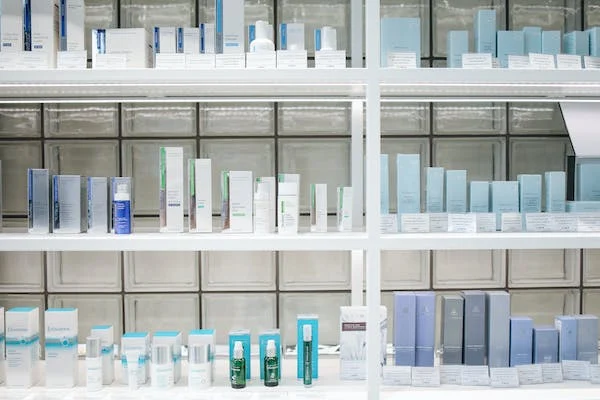
Therefore, the practice is best suited for enterprises that want to sell branded products but do not have the resources for production and formulation.
On the other hand, private labelling means the brand has complete control over the product. Private label services are limited to production.
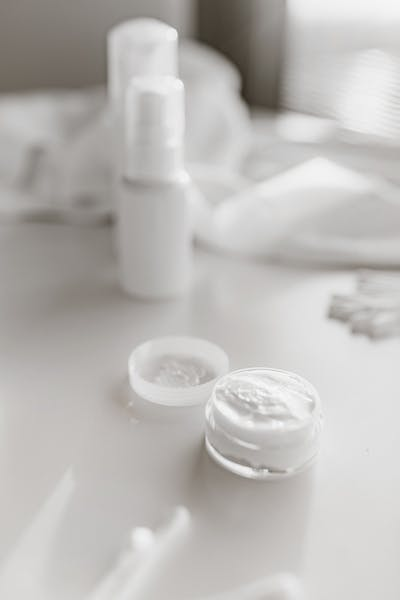
The brand develops a high-quality formula, packaging, and branding. Private label products, therefore, often have a unique selling point, such as cruelty-free, vegan, organic, natural, etc.
Going private label is best suited for enterprises with the vision for a cosmetic product’s specific function, smell, texture, and appearance but no facility or resources to develop, test, and thus manufacture.
Small Scale Private Label Cosmetics
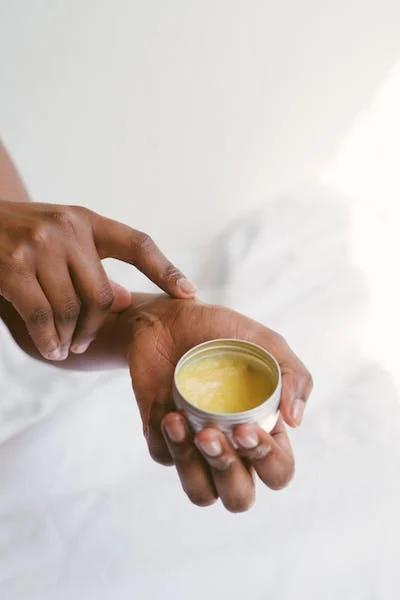
Small-scale private-label cosmetics are not that different from large private-label companies. The label will create private-label beauty products by partnering with a third-party manufacturer.
The brand still picks the formulation based on unique selling factors such as cruelty-free, organic, and vegan. In addition, the brand selects the ingredients, designs the packaging, and develops a marketing and distribution plan.
However, small-scale private labels have unique aspects which budding entrepreneurs may recognize as strengths.
Production Scale
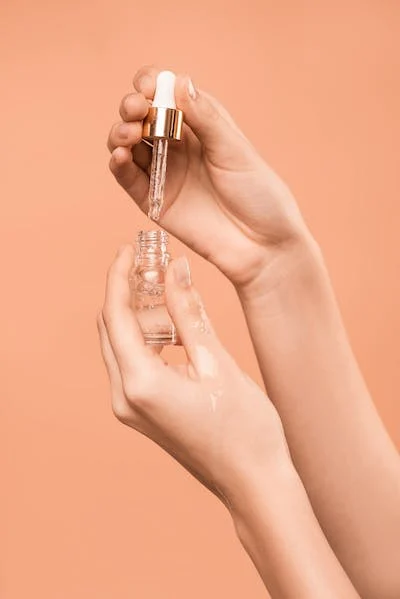
Small-scale private-label makeup companies partner with manufacturers to produce products in smaller quantities, hence the name.
Production volume is considerably lower, so manufacturers are more flexible in accommodating orders, even on short notice. It also significantly reduces production time, so most businesses can start selling immediately.
Investment and Resources
A small-scale business does not need a lot of capital for the initial investment and resources. Production costs will be significantly low when partnering with a manufacturer. And since production volume is also low, it significantly decreases the initial cost.
Market Reach
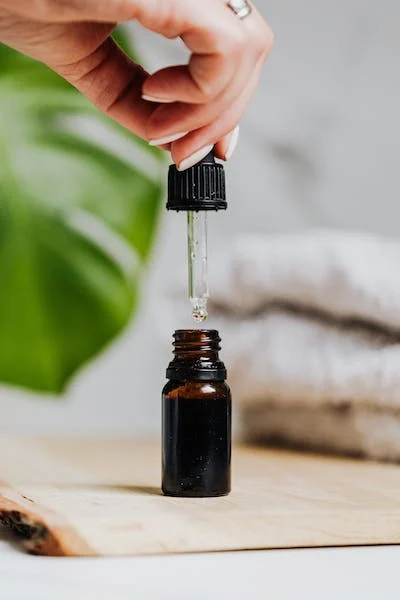
Unlike large businesses, small-scale private-label makeup and skincare products have a smaller reach. The company will be localized and specific, which can be a strength if optimized correctly.
Some small-scale private labels focus on a niche market, such as vegan cruelty-free, making them an authority among specific demographics. Small-scale selling in a localized market can significantly increase brand recognition and encourage customer loyalty.
Competitive Landscape
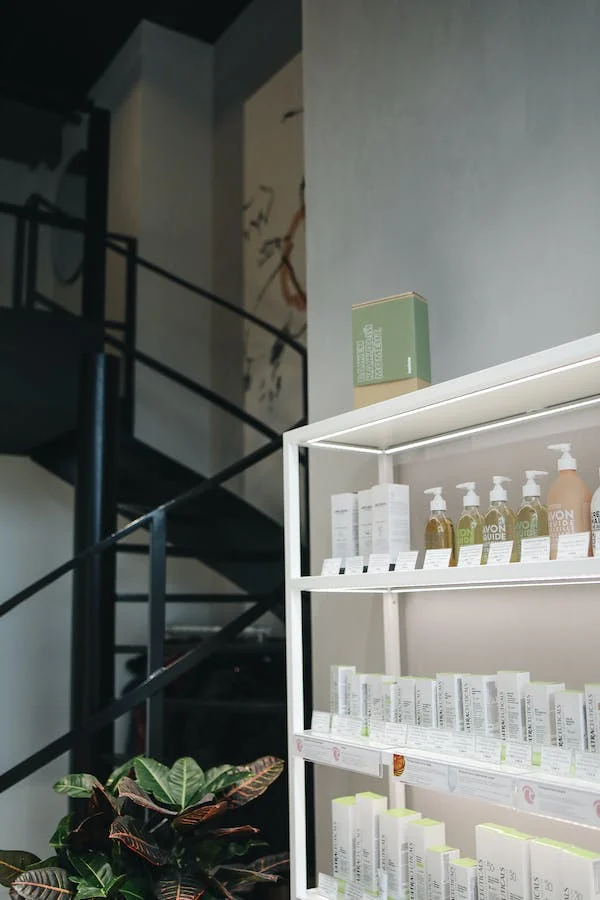
A small-scale private label may face less direct competition since they cater to specific customer needs and niche markets.
When producing small scale, offering unique products and focusing on the customer experience becomes easier.
These aspects eventually differentiate the business from the few competitors, eliminating the need for strong branding and costly marketing strategies.
Benefits of Small Scale Private Label
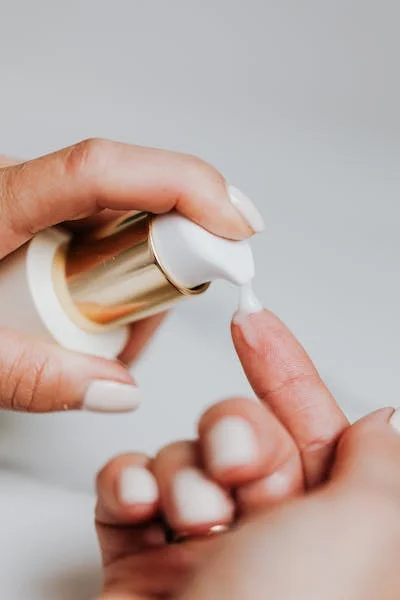
Minimum Order Quantity
Regardless of scale, minimum order quantity (MOQ) requirements are necessary when brands start producing private-label products.
However, the advantage of small-scale production is that the MOQs tend to be lower, which can help attract customers.
Since production and costs are lower, entrepreneurs can set low MOQs without hurting their profit margins. Lower MOQs may encourage purchase.
Flexibility

Operating on a smaller gives the company better flexibility which can be useful in adapting to market trends and decision-making.
Introducing new products, changing packaging, rebranding, and adjusting sales offers can be done quicker. The nimbleness allows the business to stay ahead and seize market opportunities faster.
Personalization
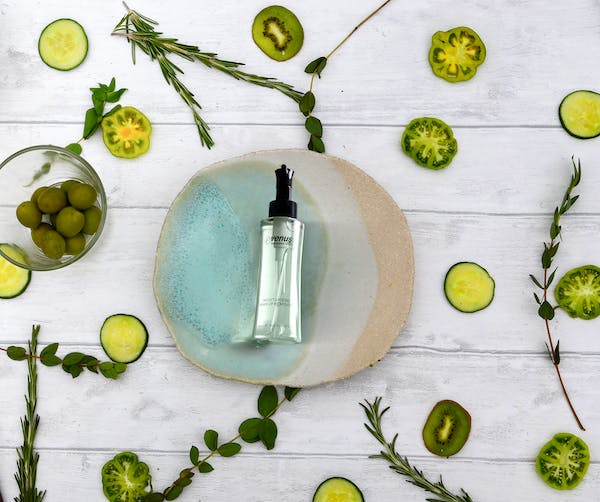
A small-scale brand has the time and resources to provide a personalized customer experience. Brands can engage with customers directly since the market reach is smaller.
It becomes easier to understand customer preferences and thus offer tailored products. Easier customer engagement can also outline shortcomings in the products. It goes towards improving products for consumers.
Brand Authenticity
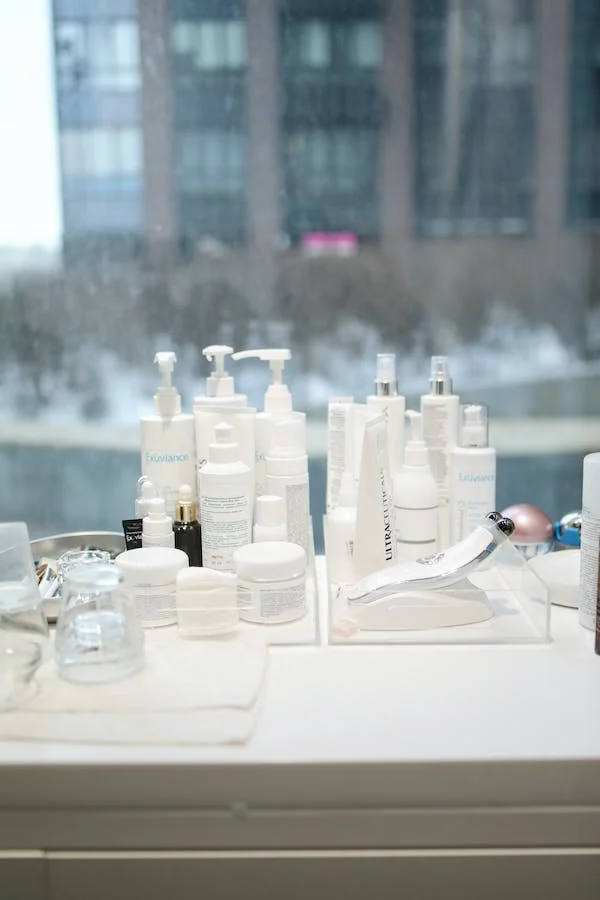
Small-scale businesses have the chance to cultivate a strong sense of brand authenticity to help differentiate products from larger private labels. It goes a long way in building a loyal customer base.
High-quality products focusing on a specific niche (e.g. hair care, vegan, cruelty-free, organic, body care, natural, skincare, etc) are just the start.
Small-scale cosmetic businesses can develop a unique brand story, logo, values, and positioning that resonates with the target audience.
Final Observation on Small-Scale Private Label Cosmetics
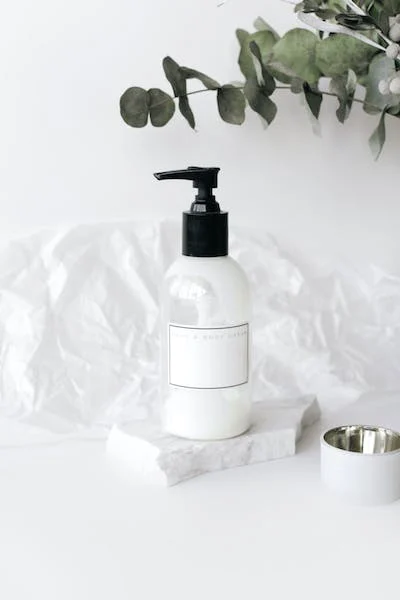
exploring the world of small-scale private-label cosmetics offers unique advantages for entrepreneurs and budding beauty brands.
Small-scale private labels can establish a foothold within the competitive cosmetics industry by collaborating with manufacturers and targeting niche markets.
These businesses benefit from lower production costs, allowing for fast integration into the market without the burden of high initial investments.
With flexibility, personalized customer experiences, and the ability to cultivate brand authenticity, small-scale private-label cosmetics can create a loyal customer base and stand out from larger competitors.
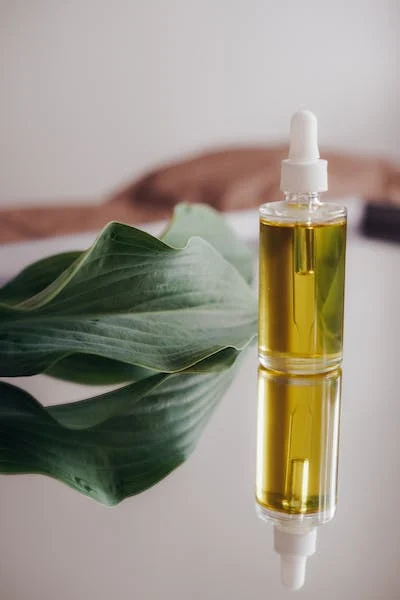
Additionally, the lower minimum order quantities associated with small-scale production enhance accessibility for entrepreneurs seeking entry into the market, effectively attracting customers.
With the potential to develop unique branding, focus on specific niches, and create high-quality products, small-scale private-label cosmetics can thrive and succeed in their own right, offering a truly differentiated beauty experience.
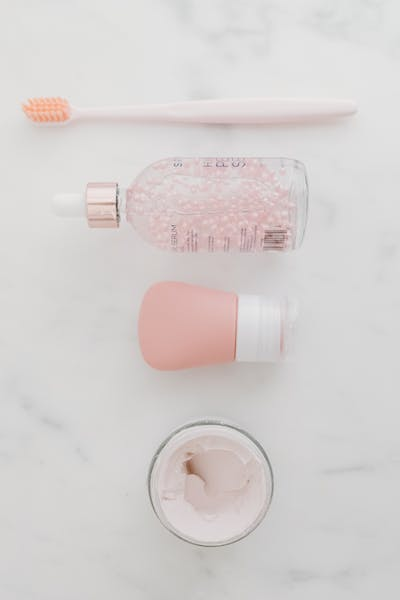
Thus, entrepreneurs contemplating entry into the industry must recognize the power and opportunities that small-scale private-label cosmetics can provide.
Stay Connected
Choose your favourite social media channel to stay up to date with Aurora Global Brands and its activities

